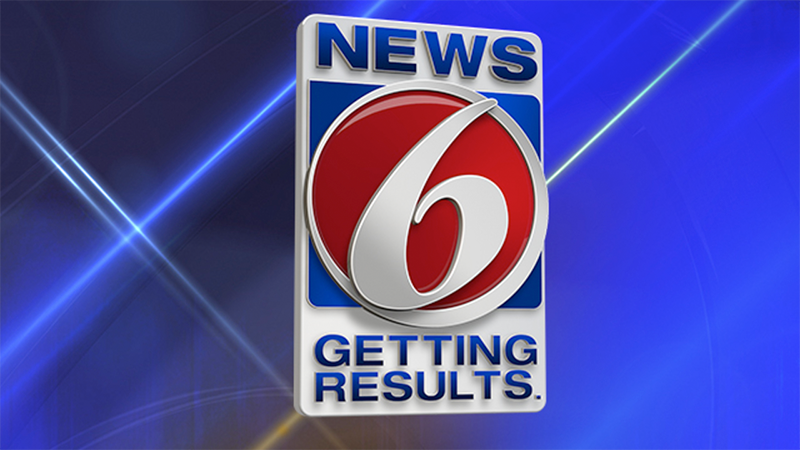ORLANDO, Fla. – Getting help can seem difficult or even impossible for addicts and their loved ones, but luckily there are countless treatment options in the Orlando area.
Florida is one of several states that have been hit hard by the opioid epidemic that has swept the nation in recent years.
Recommended Videos
[RELATED: It's not just overdoses: What other effects do opiates have on the body?]
The Centers for Disease Control and Prevention notes that the Sunshine State saw a significant spike in overdose deaths with a 46.3 percent change from 2015 to 2016. That amounts to 2,798 opioid-related overdose deaths in Florida in 2016 or a rate of 14.4 deaths per 100,000 people, which is higher than the national average of 13.3, according to the National Institute on Drug Abuse.
Officials have responded to these growing numbers by expanding resources available to treat addiction, including Narcan, a nasal spray that can be administered to counteract the effects of an opioid overdose within minutes.
[Video: Narcan used to revive woman who overdosed outside Orange County Jail]
Narcan and the generic naloxone are available at CVS and Walgreens pharmacies across the Orlando area. A prescription is not needed to obtain Narcan and you don't need to be medically trained to administer it to someone who is showing symptoms of an opioid overdose.
However, it's important to note that Narcan is not a replacement for emergency services and even if the overdose victim regains consciousness, it's still necessary to call 911. Click here for a list of pharmacies in Central Florida that have Narcan available.
[READ: Osceola task force uses drug money to fight opioid crisis]
For those worried that calling 911 could get themselves or their loved one in trouble with the law, know that Florida's 911 Good Samaritan Act, passed in 2012, prevents authorities for prosecuting someone on drug charges if the evidence against that person was obtained while first responders were providing treatment for an overdose victim.
In an ideal situation, a person struggling with opioid addiction would obtain help or treatment before suffering a potentially fatal overdose.
The U.S. Department of Health and Human Services, Substance Abuse and Mental Health Services Administration offers referrals 24 hours a day, 365 days a year to addiction treatment facilities through its hotline: 1-800-662-HELP (4357).
While calling the hotline for a referral is free, many treatment centers do require insurance. Anyone who does not have health insurance should tell the SAMHSA operator to connect them with a state-funded treatment center or a facility that accepts Medicare or Medicaid.
[RELATED: Former heroin addict calls Vivitrol 'miracle drug' that helped him kick addiction]
There are more than 100 treatment centers in the Orlando where opioid addicts can receive counseling services and help weaning themselves off the dangerous drugs so they can get back on their way to living a clean, healthy life.
When seeking treatment, remember that you are not alone in your struggle and there is no shame in seeking help.
To find a treatment center near you, click here for information through SAMHSA or here for information through the Orange County government.
Below is a list of local resources and websites designed to help opioid addicts and their loved ones.
Greater Orlando Area Narcotics Anonymous
407-425-5157 or 866-579-8333
OrlandoNA.org
Orange County Heroes Against Heroin
www.ocflheroesagainstheroin.org
University of Central Florida Collegiate Recovery Program
407-823-2924
https://shs.sdes.ucf.edu/crc/
Stewart-Marchman-Act Behavioral Healthcare
Services Flagler, Putnam, St. Johns and Volusia counties
800-539-4228
www.smabehavioral.org
More information on meetings and treatment center locations is also available by locating your city on addiction.org.
